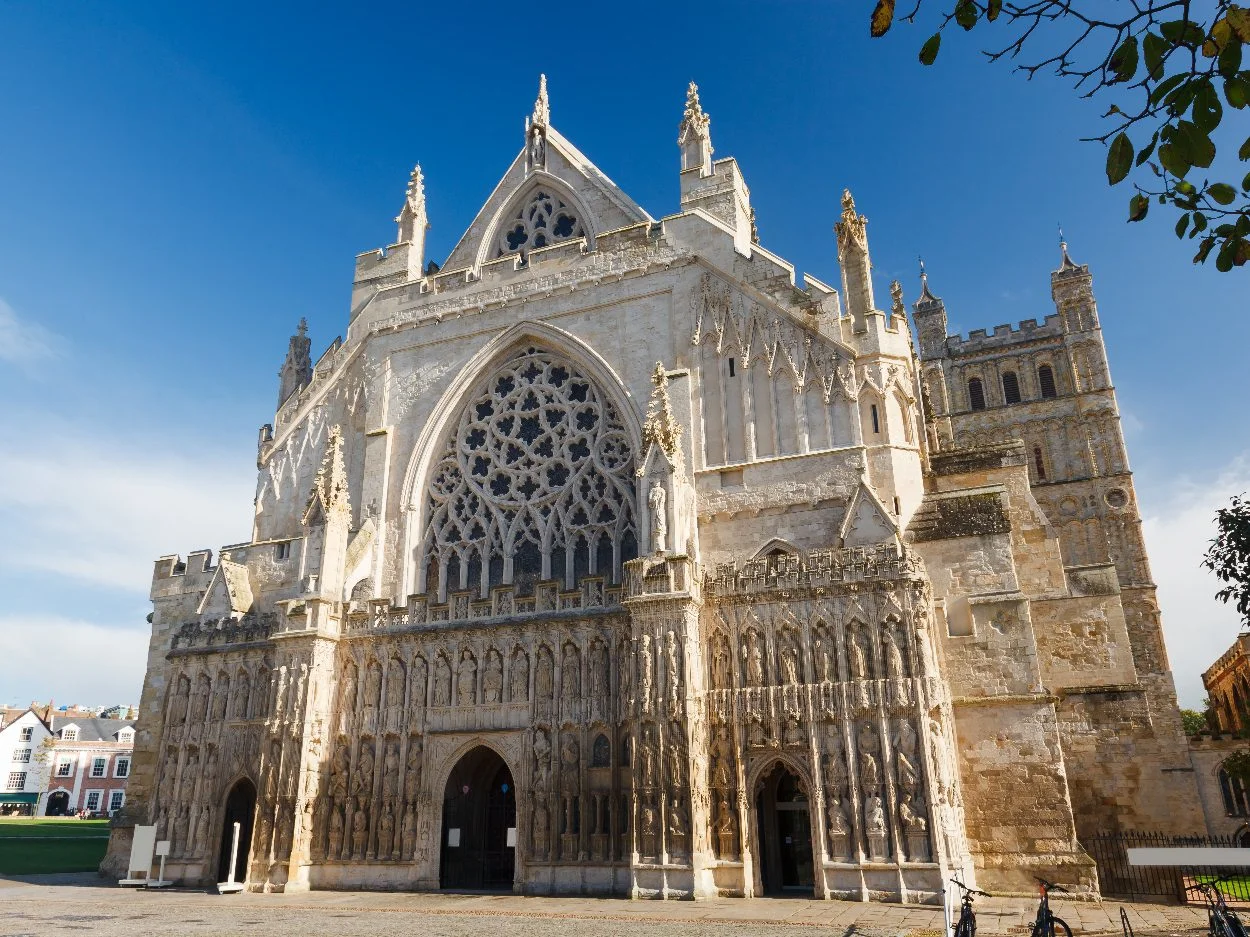New discoveries from the Roman era have been uncovered by archaeologists investigating the historic cloister garden at Exeter Cathedral in Exeter, England.
These discoveries include remnants of an early Roman street, timber buildings, and the wall of a Roman town house that was later overlaid by the foundations of the medieval cloisters.
During the Roman period, present-day Exeter was known as Isca Dumnoniorum, also known simply as Isca, which was a Roman legionary fortress for the Second Augustan Legion. The town grew up around this fortress and served as the tribal capital of the Dumnonians under and after the Romans.
According to archaeologists, these findings provide “new clues to Exeter’s distant past” and offer a clearer understanding of what the site would have looked like in Roman times. The street and timber buildings are estimated to date from around AD 50-75 and were part of the Roman legionary fortress that underlies central Exeter. They likely formed a section of a lengthy barrack building that extended towards the grand stone bath-house revealed under the Cathedral Green in the early 1970s.
The later stone wall belongs to a previously unknown town house from the 3rd and 4th centuries. This work is part of a project to construct a new cloister gallery that will connect the cathedral with its Chapter House and Pearson buildings. The gallery will be built on the medieval foundations of the original cloisters, which were destroyed in 1656.
The funding for this project is being provided by Exeter Cathedral’s 2020s Development Appeal, which aims to raise £10 million in addition to the £6 million already received in grants and donations. The funds will support essential improvements and a calendar of community activities and events designed to make the ancient Devon landmark accessible and sustainable for the future.
Header Image Credit : Shutterstock





